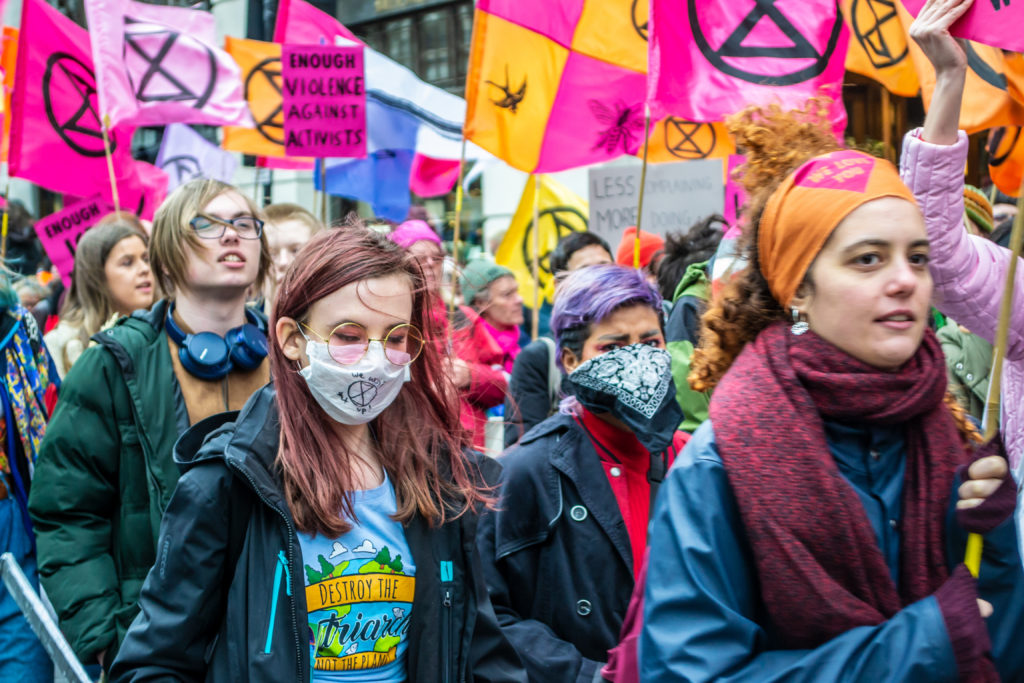In 2020, lockdowns around the world have reduced energy use and carbon emissions on an unprecedented scale. However, the current COVID-19 outbreak may be a double-edged sword in the fight against climate change.

Individual countries are imminently due to report their carbon reductions, as outlined in the United Nations-brokered Paris Agreement. Although pre-Coronavirus crisis global greenhouse gas (GHG) emissions are expected have grown by 1.9%, recent CO₂ calculations in Europe are predicting a surprising scenario: countries may actually hit their stated reduction goals. For instance, the German climate target for 2020, which until February was considered unattainable, should now be met. Due to this year’s mild winter, and, above all, the Coronavirus crisis, the target of 40% CO₂ savings—unlike climate change targets of the past—is within reach.
While COVID-19 is “first and foremost an issue of human health and safety,” the change in people’s behaviour to contain the virus is having “some subtle effects on the environment,” writes Luca Franza in ‘Is Coronavirus Good for Our Sick Planet? Some of the tangible effects on the environment of the pandemic have been the decreasing use of gasoline and electricity, as well as a drop in fuel production and consumption. If similar trends exist in all the G20 countries, 2020 could represent a turning point not only for climate negotiations but also for the future of the world economy.
However, the COVID-19 crisis may also have negative implications and impacts on the climate. Many positive effects, moreover, are time limited, as industry and consumption habits will rebound once the pandemic concludes. In the short term, the pandemic has hurt the critical electric vehicles and the solar sectors. They have struggled with dips in oil and gasoline prices, a decreasing demand, and disruptions to both supply chains and manufacturing facilities. These sectors, which are critical to battling climate change, may see a setback in their development and growth. Further, low commodity prices may drastically alter food supply chains, resulting in increased levels of food loss and waste. This could exacerbate existing scenarios of food insecurity, especially in developing countries.
Notwithstanding these potential future roadblocks, the current global situation is an opportunity to consider massive structural changes like we have never considered possible before. A substantial paradigm shift and significant economic and environmental reforms are going to be needed if we are to allay climate change and avoid irreversible environmental chain reactions. As the international community of scientists and leaders at the United Nations’ Conference of Parties in 2016 all agreed, time is running out. This shift can and needs to be taken now.
While rethinking unforeseen and unexpected scenarios when drafting global climate targets, policymakers and global leaders should envision a new world economy without fossil fuels and with a higher reliance on renewable energies, decreased travel, shortened value chains, and more sustainable first-world living standards. This pandemic is demonstrating that structural refinements are possible. To this regard, the new European Green Deal offers a roadmap to both responding to the upcoming economic crisis and to transforming Europe into a sustainable and climate neutral socio-economic systems. Other continents should follow this example.






